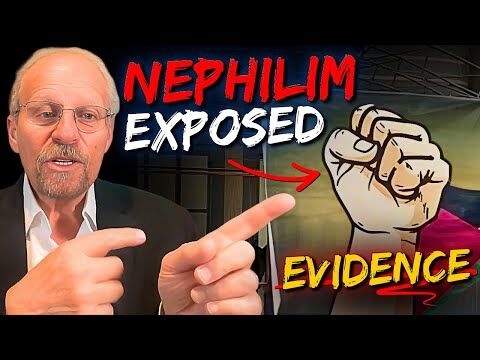Most of you know that refined foods—a.k.a., “junk food”—are missing from the food pyramid for good reason: There’s nothing healthy about them. Cookies, chips, white rice, white bread, pastries and table sugar are obvious examples.
Most of us try our best to avoid these and similar products because they contribute to conditions and illnesses such as obesity, diabetes and heart disease, but what about food pyramid-friendly foods? Are all dairy, grain and fruit products safe (I’m sure you already know the answer)?
If you read my article on the common carcinogen, carrageenan, then you know that, unfortunately, unhealthy ingredients are hidden everywhere, even in organic products. In this article, I’m going to discuss three ingredients that can be found even in seemingly harmless, “healthy” foods, such as yogurt, wheat bread, cereal, fruit juice, protein powders and energy bars.
Next time you’re grocery shopping, remember to scan the label of each and every packaged food you want to drop into your cart. You simply cannot, as they say, judge a book by its cover.
High-Fructose Corn Syrup
High-fructose corn syrup, or HFCS, is a notoriously disreputable additive; so much so, that I don’t feel its harmful effects can be overemphasized, or over-written about. So without further ado:
As its name suggests, HFCS contains fructose, which, when consumed in large quantities, is the most damaging sugar one can eat. Fructose drives up uric acid, which leads to high blood pressure, resistance, as well as kidney and liver disease. It’s popular among food manufacturers for the simple reason that it is cheap to produce and avidly supported by well-funded organizations such as the Corn Refiners Association.
Here are a few of the well-documented dangers of high-fructose corn syrup:
- Contributes to fat deposits in your liver, increasing buildup of lipoproteins
- Leads to plaque buildup and narrowing of blood vessels
HFCS may also set the stage for problems like:
- Diabetes
- Metabolic syndrome
- Asthma and allergies
- Multiple sclerosis
- A rapid aging process
- Mercury poisoning
Added to many foods to enhance flavor, reduce spoilage, and keep foods moist and soft, HFCS lurks in a variety of products that one might not expect, such as:
- Soups
- Lunch meats
- Condiments
- Packaged nuts
- Yogurts
- Cereal
Sodium Benzoate
Sodium benzoate is a common preservative used even in “all natural” products to prevent spoilage and inhibit the growth of mold. But it does much, much more than that…
While benzoic acid is, in fact, naturally occurring in low levels within many fruits, the “sodium benzoate” that you see listed on labels is synthesized in labs; sodium benzoate is the sodium salt of benzoic acid. According to NaturalNews.com, this additive has been shown to deprive cells of oxygen, break down the immune system, cause hyperactive behavior, and even perhaps lead to cancer.
“Sodium benzoate chokes out your body’s nutrients at the DNA cellular level by depriving mitochondria cells of oxygen, sometimes completely shutting them down. Just as humans need oxygen to breathe, cells need oxygen to function properly and to fight off infection, including cancer.”
The FDA claims sodium benzoate is safe because the amount included in our foods is very low. They do advise, however, that it shouldn’t be combined with vitamins C or E, as this leads to the formation of benzene, which is a known carcinogen. The problem is that vitamins C and E are in a plethora of foods, from almonds to zucchini. Not to mention, sodium benzoate and ascorbic acid (a form of vitamin C) are listed together on the back of many soft-drink containers.
Look out for sodium benzoate in:
- Jellies
- Jams
- Soft drinks
- Relishes
- Sauerkraut
- Fruit juice
- Salad dressing
I think it’s worth noting that while many may claim a person would have to consume an inordinate amount of sodium benzoate for any problems to occur, “cancer is all about the cumulative effect.” When our bodies are constantly presented with toxic products such as sodium benzoate, the immune system eventually will take a beating. When it does, it won’t have enough essential nutrients to detoxify, leaving us susceptible to cancer and other diseases. I believe it is our responsibility to do what we can, when we can, to keep our exposure to cancer-causing agents to a minimum.












































